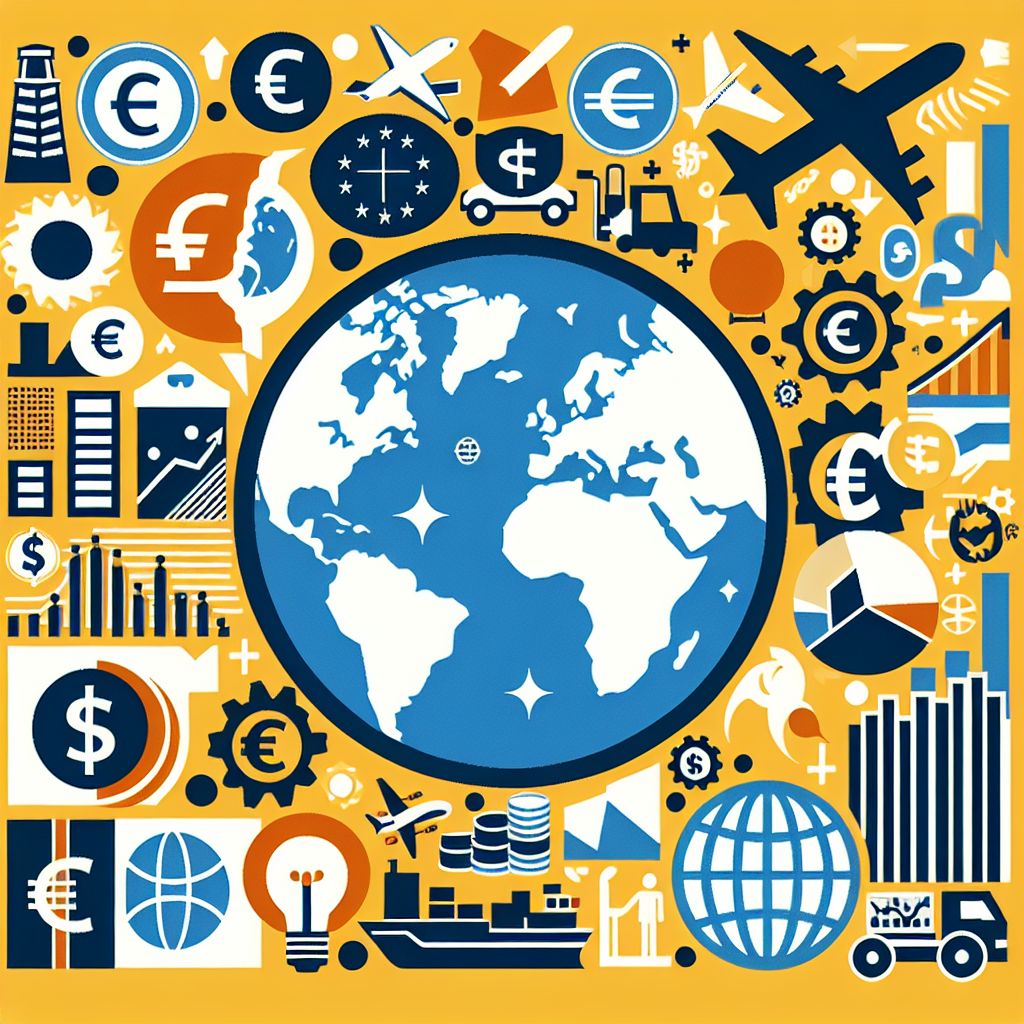Germany's Economic Pulse: Growth Amidst Challenges
Germany's economy slightly grew in the first quarter but faces challenges like rising unemployment and potential recession due to U.S tariffs. The new government aims to stimulate growth, focusing on increasing consumption. The unemployment rate and import prices are on the rise, signaling inflation concerns.

Germany's economy narrowly escaped a recession in the first quarter, with a 0.2% growth driven by consumption and investment, according to data from the statistics office.
Despite this growth, challenges loom as unemployment hits a decade high and the threat of further U.S. tariffs looms over the economy. The upcoming conservative-led government is gearing up to tackle these economic hurdles.
To counter these challenges, boosting consumption is deemed crucial. However, rising import prices and inflation signal further economic pressures ahead. Germany's corporate sector is particularly impacted, with companies like Mercedes-Benz and Volkswagen adjusting their outlooks.
(With inputs from agencies.)
ALSO READ
Switzerland Prepares for Permanent U.S. Tariffs Amid Ongoing Trade Tensions
Asia Braces for Trade Turbulence Amid New U.S. Tariffs
FMCG Giants Shift Focus to Volume Growth Amid Easing Inflation
EU Prepares 'Trade Bazooka' to Counter U.S. Tariffs
Gold Glimmers Despite Dollar's Rise: Market Awaits Inflation Insights










